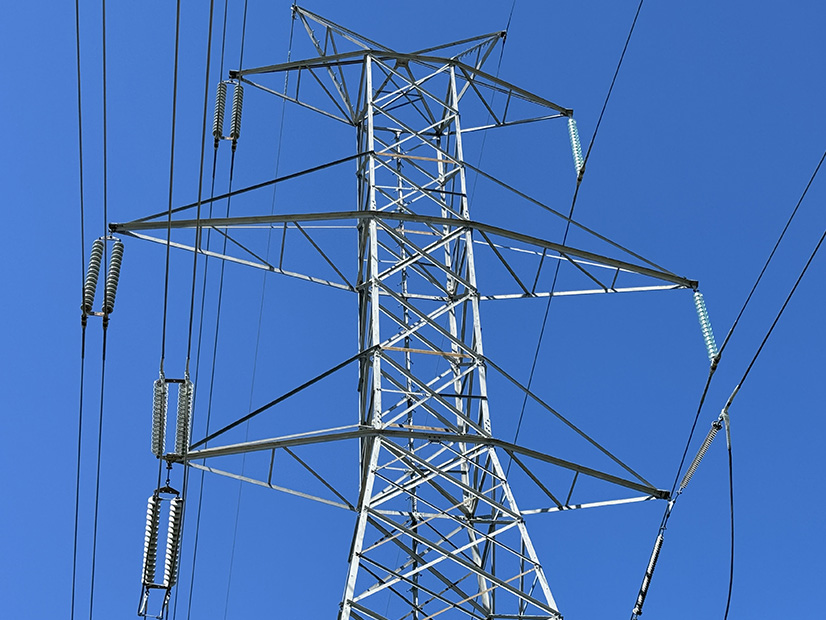By Bo Clayton
After nearly two decades of flat load growth, U.S. electricity demand is rising. Fast. The boost in domestic industry related to the growth of data centers and increased economywide electrification is driving operators to revise load forecasts and scramble to flag concerns about future capacity insufficiency.
They are right to be concerned: This new load is coming onto the aging grid far faster than solutions to handle that demand. New generation takes years to get through the backlogged interconnection queue; new and expanded transmission capacity even longer. We need to be using every tool in our toolbox to help meet these challenges — and energy efficiency is critical to ensuring we can do this effectively and affordably.
For at least half a century — since the 1970s U.S. energy crisis — energy efficiency has been America’s cheapest, most reliable source of energy. Even as modern, clean technologies like solar PV, wind energy and battery energy storage have tumbled down their cost curves, megawatts of efficiency remain a winning bet for states and their utilities.
A recent Lawrence Berkeley National Laboratory study confirms energy efficiency plays a significant role in many states. These energy efficiency programs range from major industrial-scale efforts to reduce consumption to hundreds of millions of residential customers around the country installing products and taking actions that, in aggregate, save a lot of energy and money.
Rather than identifying ways to promote further efficiency in its footprint, the nation’s largest grid operator — PJM — inexplicably is taking the opposite approach. PJM is pursuing imminent changes that effectively will gut energy efficiency across its region, precisely at a time when those gigawatts of capacity are needed more than ever.
PJM is seeking to bypass its standard stakeholder process to make a “quick fix” to its rules governing energy efficiency. PJM’s hasty proposal, which will be voted on at its Markets and Reliability Committee meeting March 20, essentially would invalidate a majority of states’ energy-efficiency programs by establishing an arbitrary timeline for when PJM thinks states should update their own energy-efficiency guidelines. (See PJM MIC Briefs: March 6, 2024; and PJM Seeking Expedited Approval of Energy Efficiency Changes.)
PJM didn’t bother to explain which state programs would be impacted or provide support for its concern about how states are running these programs. This is irresponsible at best and outright disrespectful of state programs and efficiency progress at worst.
In parallel, it effectively would eliminate the ability to aggregate energy efficiency through big box retailers, removing the primary means of energy efficiency participation in PJM to date. This could significantly hamper consumer adoption of energy efficiency solutions such as LED light bulbs and spray foam insulation.
Make no mistake: PJM should revisit its rules governing efficiency’s participation in the capacity market. Much has changed in the 17 years since these rules first were adopted. They are outdated and due for overhaul. But the process to do so must be transparent, inclusive and thoughtful.
PJM isn’t even planning to allow its regulator — FERC — to have a say on the changes. That leaves it up to the PJM stakeholders to push back. If you are a stakeholder, I urge you to pursue the harder but better approach: Send the issue back to lower committees for thoughtful deliberation including PJM staff, states and others with a stake in the outcome. Anything less flies in the face of PJM’s own commitment to consensus-based issue resolution, to the detriment of consumers and grid reliability. Moreover, PJM will be abdicating its place at the forefront of energy innovation.
This is not the time for PJM to erase decades of progress on energy efficiency by hastily implementing an ill-conceived rule change with far-reaching ramifications.
Bo Clayton is the CEO of American Efficient, a developer of energy efficiency resources with 10 years of operating history in PJM.




